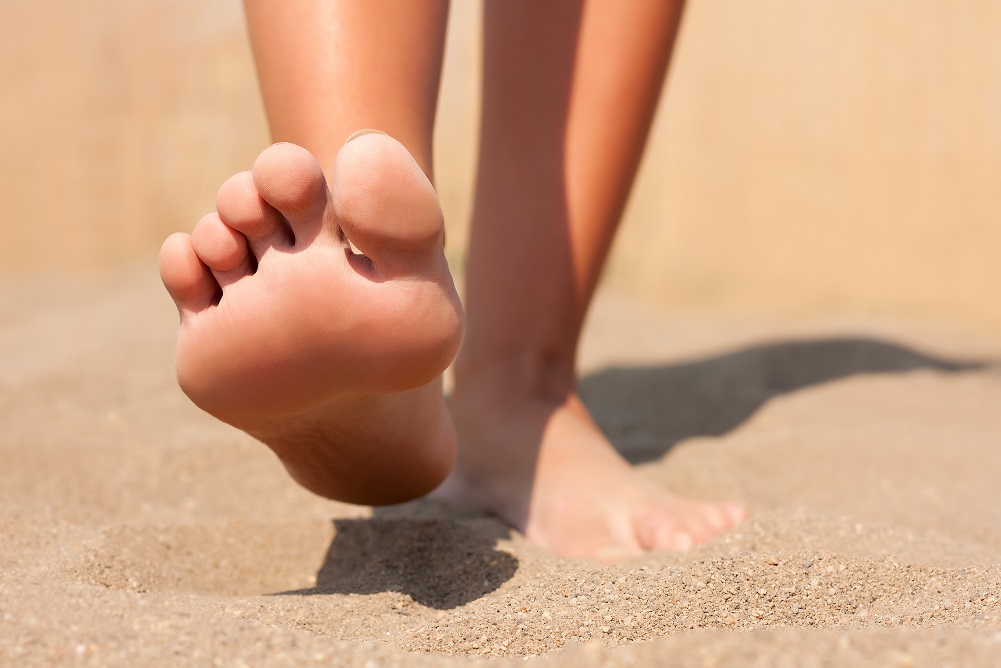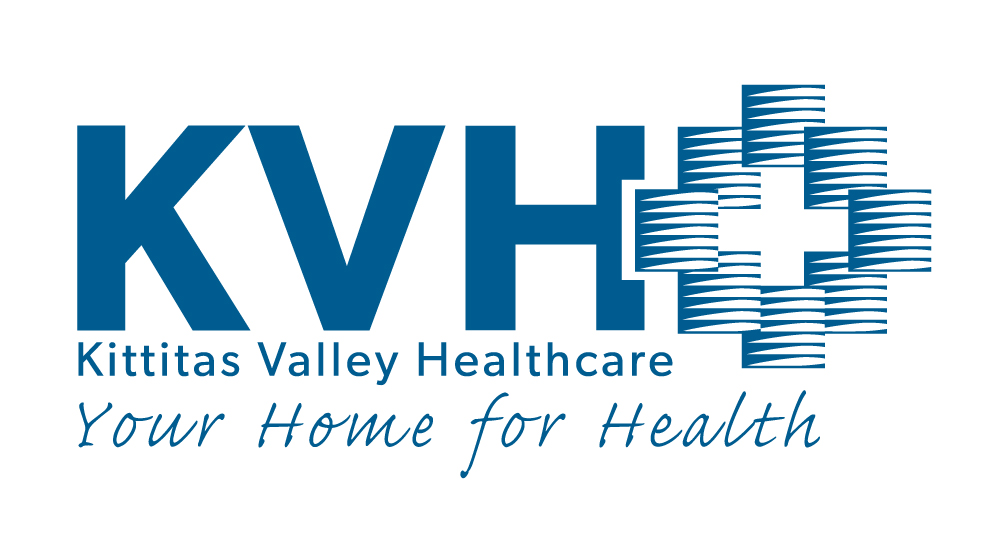
Wear sunscreen. Stay hydrated. Wear light, loose clothing. Anyone who’s lived in Kittitas County for more than a year knows these basics for survival in the summer heat. If you’re diabetic, there’s another concern to add to the list: extreme temperatures can spike your blood sugar levels, and wreak havoc on testing equipment and medication.
Recent findings show that the summer heat drives more people with diabetes to the ER, and more diabetics are hospitalized due to heat illness.
“First of all, be aware of your environment. Watch the forecast. When we’re in for a hot spell, there are some things you can do to prepare for diabetic safety,” advises Nicole Norton, Diabetes & Nutrition Education Coordinator at KVH.
Careful planning of your diet is always important, but even more so in extreme temperatures. Think through any adjustments you need to make. And be diligent in avoiding added sugars. “A lot of folks reach for sugared sodas, sweet teas, and juices when they’re thirsty,” warns Norton. “For someone with diabetes, it’s safest to stick with water.”
Another common mistake is skipping meals. Norton explains, “We’re more active in the summer, and we get distracted, forgetting to eat when we should.” That’s not good in normal conditions, but in the heat of summer, it’s even more dangerous. Be familiar with the early symptoms of low blood sugar, and keep some carbohydrates with you to eat if you need to raise your blood sugar.
Once you put the steps into practice, diabetic safety becomes just another automatic healthy habit.
Medication storage is another concern. While unopened insulin should always be kept in the fridge, storing any medications in the heat can degrade them. “Don’t keep medications in your car,” advises Norton. “In a high temp situation, use an ice pack in an insulated lunch pail.”
More frequent testing is also a good idea. Your diabetes educator can help you with guidelines for an appropriate testing schedule.
It’s easy to forget, but foot problems are common for people with diabetes, and summer is all about bare feet, sandals, and open toed shoes. “Keep your feet covered in well-fitting shoes,” says Norton, “even in warm weather. Check your feet every day, and get treatment right away for any injuries.”
It’s a lot to consider, but, like using sunscreen and staying hydrated, once you put the steps into practice, diabetic safety becomes just another automatic healthy habit. “We all have health limitations of some kind,” says Norton. “With a little preplanning and awareness of their surroundings, people living with diabetes can enjoy themselves in the summer like anyone else.”
Article updated 7/2021. Original post 8/2017.
Managed by Kittitas Valley Healthcare, HealthNews does not provide medical advice. For medical advice, please see your healthcare provider.


